Why San Antonio Home Prices Haven’t Fallen: The Real Property Tax Story
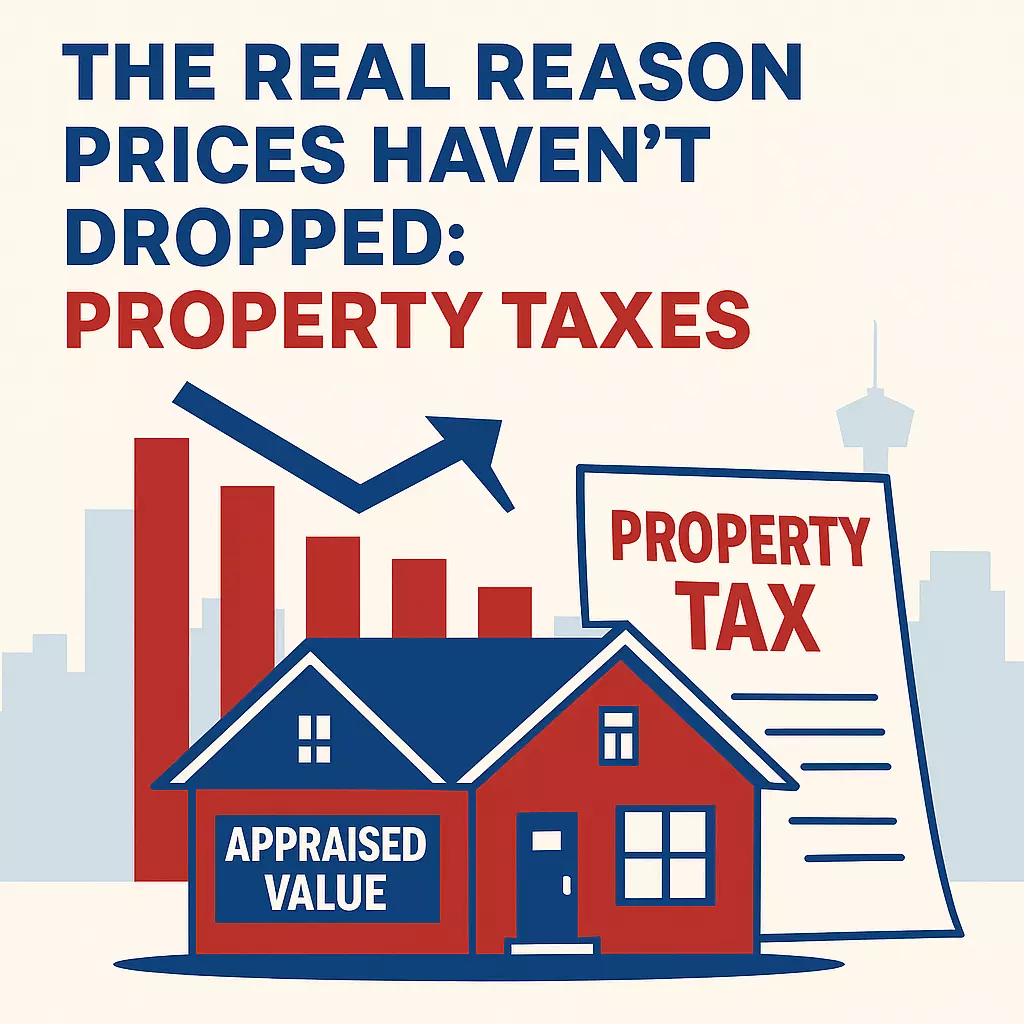
For the last two years, buyers have been asking the same question: If mortgage rates are so high, why haven’t home prices in San Antonio dropped more The answer lies in an unexpected place and not the market itself, but our property tax system.
Appraisals vs. Actual Market Value
Every spring, Bexar County homeowners open their appraisal notices. And every year, even if sales have cooled, many appraisals keep climbing. Technically, appraisal districts don’t set market prices and they’re tasked with estimating value for taxation. But human nature kicks in. Sellers see that number and anchor to it, often believing their home is worth whatever the appraisal says.
This fuels a pricing cycle. Buyers push back, citing comps and affordability, while sellers hold firm because their tax notice told them they should. The higher the appraisal roll, the stickier the pricing.
The Real Culprit: Property Taxes
Texas is one of just a handful of states with no personal income tax. Instead, we fund schools and local services primarily through property taxes. That heavy reliance creates an incentive for appraised values to move higher year after year, even when market forces suggest they should level out.
Yes, lawmakers have capped annual increases on homesteads at 10% and even passed a new 20% cap on many non-homesteads. But the system still leans hard on property taxes. That’s why higher interest rates haven’t translated into more affordable housing and the tax burden itself props up values.
Other Ways Texas Can Fund Services
Here’s where policy could make a real difference. Texas already has other tools on the table:
- State Sales Tax: Expanding the base (what’s taxed) instead of raising the rate could direct more money into school funding.
- Franchise Tax: Businesses already pay a state margins tax—those dollars could help compress local school property tax rates.
- Oil & Gas Severance Taxes: Texas energy revenue is significant and could be earmarked for long-term property tax relief.
- User & Impact Fees: Local governments (like San Antonio) already use building permit fees, utilities revenue, and CPS Energy profit-sharing. These can offset reliance on property taxes.
- Dedicated State Funding: The Legislature recently used surplus dollars to compress school district rates and raise the homestead exemption to $100,000. That trend could continue if voters push for it.
Takeaways for San Antonio Buyers and Sellers
- Sellers: Your appraisal notice is not a sales price. Rely on recent comps, neighborhood competition, and your realtor’s expertise.
- Buyers: Don’t get discouraged by inflated seller expectations. Appraisals are a tax tool, not the true market.
- Homeowners: Always claim your homestead exemption, file protests when justified, and know that reforms are in motion to reduce your long-term burden.
Until Texas shifts away from such heavy reliance on property taxes, appraisals will continue to influence the psychology of home pricing. The interest rate may shape demand, but the tax bill in the mailbox is what keeps San Antonio’s prices sticky.
Categories
Recent Posts
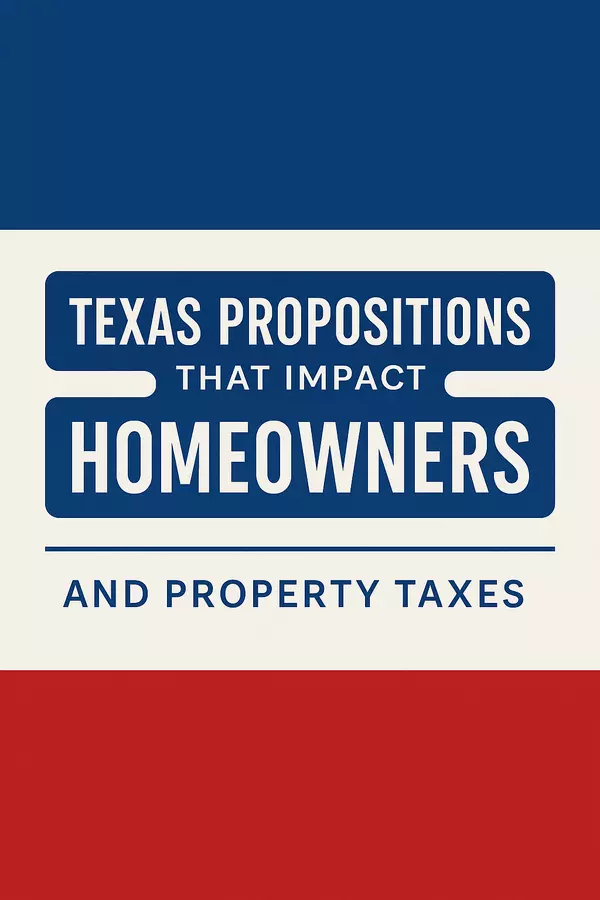



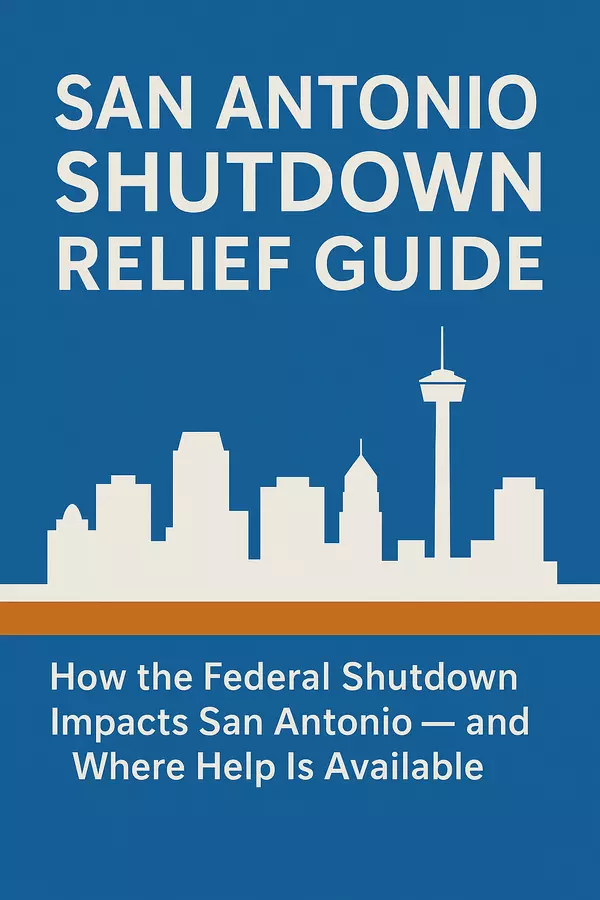
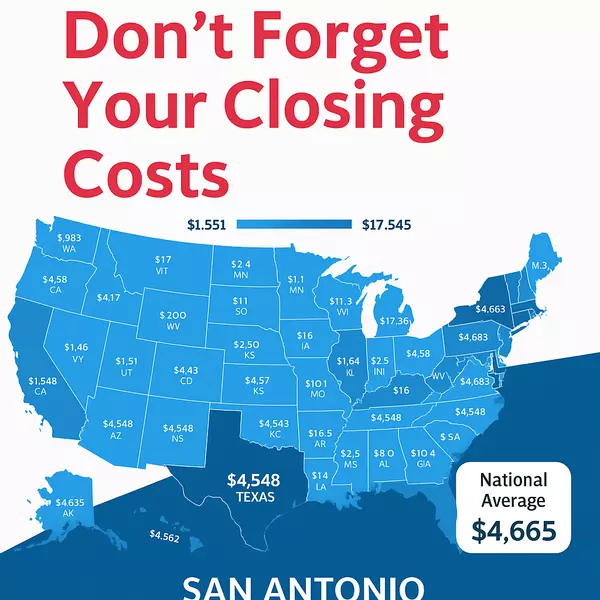
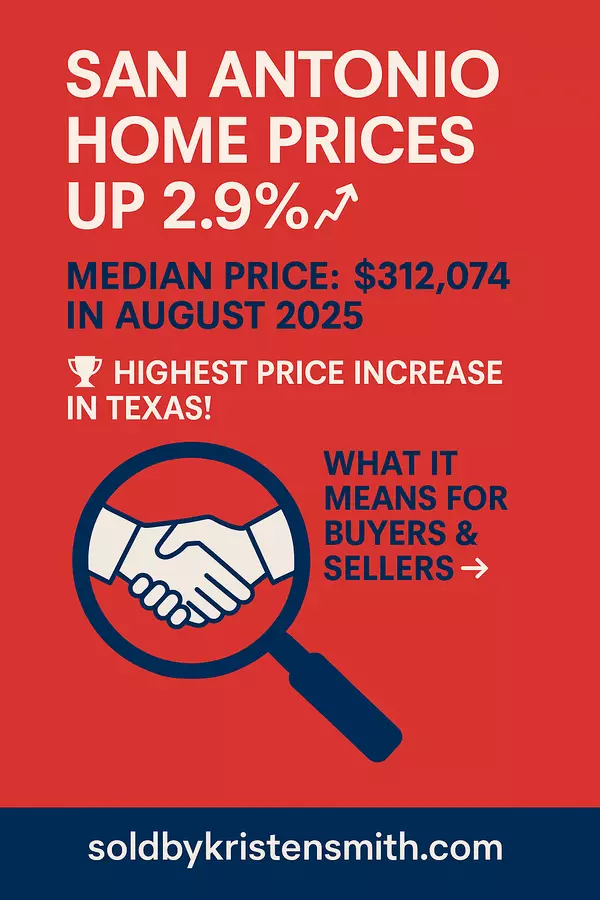


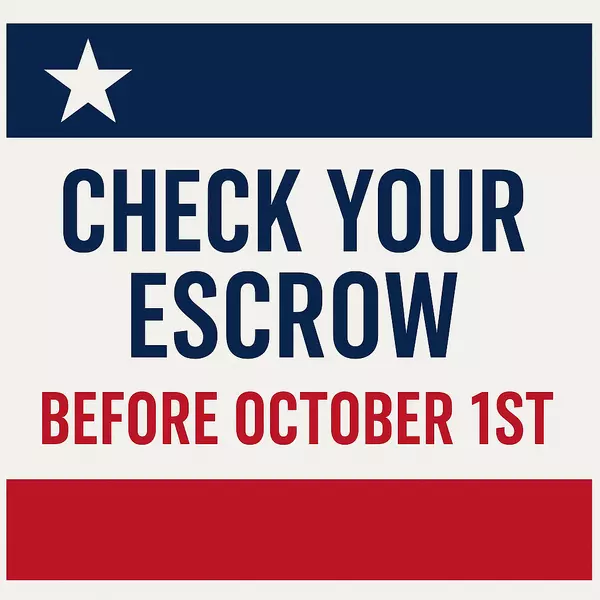

"Molly's job is to find and attract mastery-based agents to the office, protect the culture, and make sure everyone is happy! "
